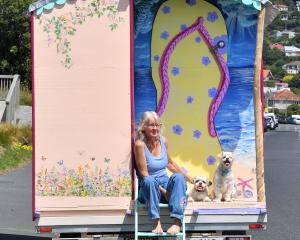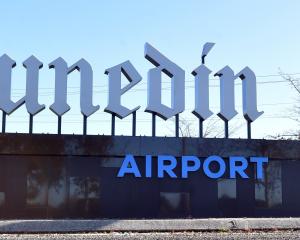The move to urban gardens and the notion people could feed themselves within 80km of their homes was not an alternative to food trade, Prof Caroline Saunders told the Foreign Policy School in Dunedin at the weekend.
Local food was "fantastic" and people might have a fabulous day driving 80km up the motorway to buy a couple of lettuces and a jar of honey, but it was not realistic to expect urban agriculture could provide for large cities, Prof Saunders, from the Agribusiness and Economics Research Unit at Lincoln University, said.
In February in the United Kingdom, it would be difficult for local producers to provide customers with five vegetables a day.
Large cities needed exports from countries such as New Zealand.
New Zealand should concentrate on high value niche market exports and maintain its First World status.
This would help to fund further research and development into agriculture.
She pointed out that New Zealand, while it had 2% of the world's production of dairy produce, had only 0.55 % of meat and 0.04% of cereals.
Trade liberalisation had benefits for developed countries which would not apply to developing countries.
New Zealand could use its international influence to reduce distortions to trade which affected developing countries.












